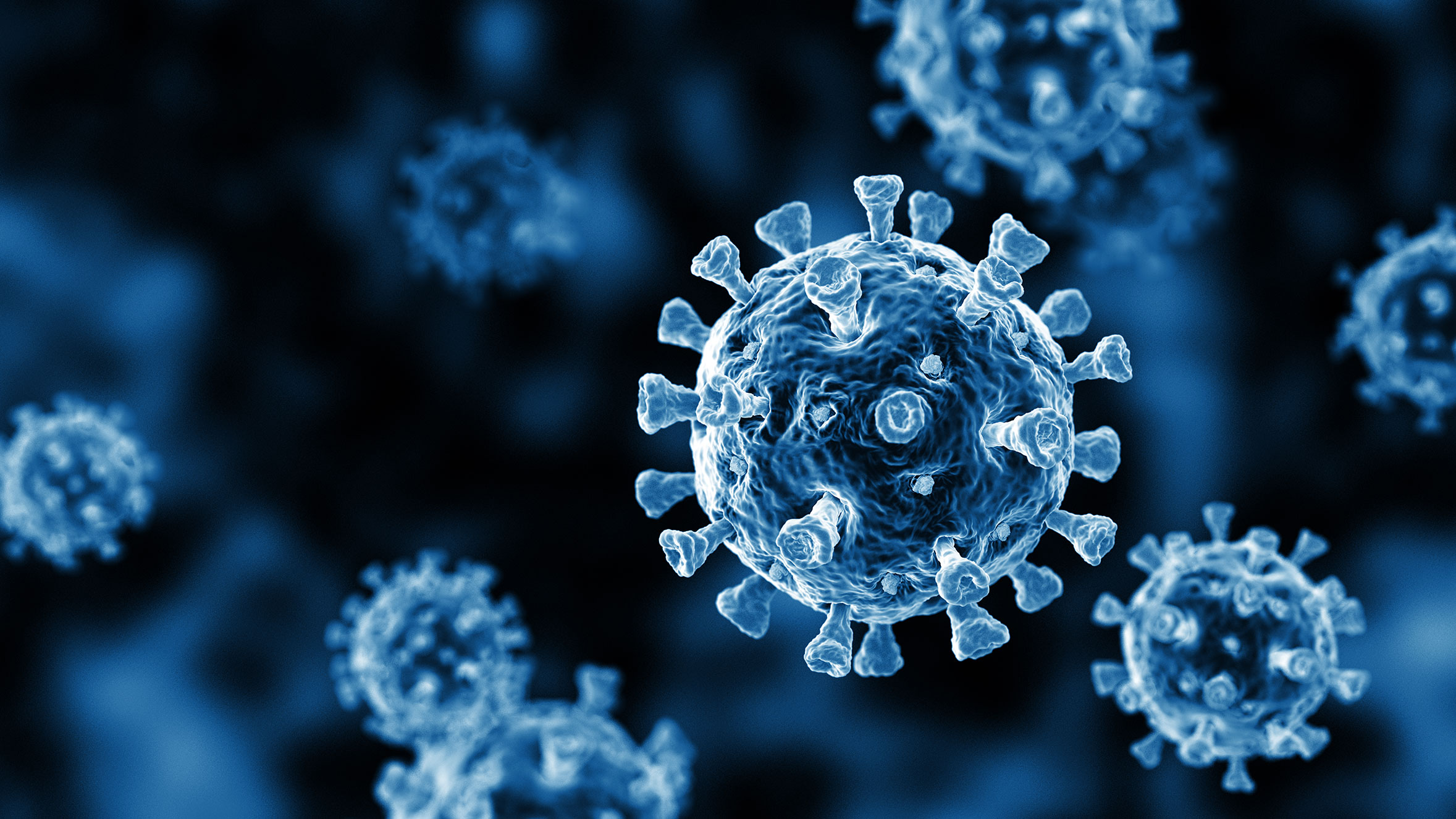We’re entering a phase in the COVID-19 pandemic where the transmission will go through the roof because of the Delta variant. But as vaccinations ramp up worldwide, the main cost to society will not be the health services being overwhelmed, but mass disruption to businesses as staff are forced to self-isolate by track and trace systems. Thus, biosecurity in the workplace (or any other setting, for that matter) will matter a lot. The paragraph you just read above is, in fact, a paraphrase of the recent open letter sent by several eminent UK scientists to the government about the next phase of the pandemic.
So if it’s the case that workplace biosecurity will have to be much more efficient, then faster, better forms of testing will be needed. Now, a UK startup thinks it may have cracked the problem. Bio-security company Vatic has come up with its ‘KnowNow’ test for CoVID-19, which it claims is more accurate than lateral flow tests, is faster, easier (only a swab from your mouth is needed), allows test data sharing, and even produces a ‘Passport’ QR code to enable someone to access services or workplaces.
Vatic has now raised $6.37 million to deliver its at-home tests, starting with the one tailored to COVID-19. The seed funding round was led by London-based VCs LocalGlobe and Hoxton Ventures. Founded in 2019, Vatic has built a saliva-based test for generating data in the home. The company says the test takes fewer than 15 minutes and can identify people who are infectious at that moment rather than get a false positive because the body has fought off the infection. Existing antigen tests can have a false positive rate of 1 in 200.

The company says its test identifies infectious viruses by mimicking the surface of a human cell, effectively redesigning how lateral flow tests are built and “enhancing their accuracy”. Its KnowNow saliva-only rapid antigen test for COVID-19 is, in fact, now being used in the UK after receiving CE mark approval. It pairs its saliva test with an app that instantly shares at-home test results with health or other platforms. The saliva self-swabbing technique is much easier and less uncomfortable than current Lateral Flow Tests that require swabbing the back of the throat and nasal passages. Vatic is also doing clinical trials in the US to secure Emergency Use Authorisation from the FDA.
Alex Sheppard, co-founder and CEO of Vati,c explained: “One reason for the recent decline in the uptake of rapid Covid-19 tests is the sampling technique – it’s currently very uncomfortable and difficult for people to use. We need to take the pain out of mass testing if we’re to return to normal to minimize the disruption caused by future COVID-19 outbreaks, whether in offices, schools, or hospitality venues. That’s why we’ve built supportive biosecurity technology alongside the test, allowing users to generate unique QR codes to facilitate safe venue entry.”
How does it work? Vatic says its technology searches for the ‘spike’ on the virus as a measure of infectivity but also says it is immune to potential mutations of the virus, making it able to test for COVID-19 no matter the variant. Sheppard said the Vatic test is only the first iteration. It can also detect other infectious viruses by mimicking the surface of a human cell. “We selected the part of the Coronavirus that uses its spike to enter human cells, almost like a hypodermic needle,” Sheppard told me. “That’s the bit that essentially interacts on our test, and so, effectively, we’re mimicking a human cell on our test, which is unique. It has a completely different engine from a normal Lateral Flow Test because the chemistry powering it differs.”
The other aspect of the Vatic test is that it employs an app linked to the saliva swab test. Once the test is done, it produces an encrypted QR code. “It’s not altogether dissimilar to what we see on the NHS tests,” Sheppard said, “but it’s a completely trust-based system, so you don’t have to compromise your health data. You’re not writing your home address on a government website. Of course, it does synchronize with the government requirements of reporting a notifiable disease, but it’s designed to ensure that you know you’re not giving away too much health data. It’s secure.”
Sheppard and his co-founder Mona Omir met at Oxford University at the accelerator program Entrepreneur First in September 2019 and have gone on to raise money from London investors and grant support from the Oxford Foundry / University of Oxford Innovate UK. Julia Hawkins, the partner at LocalGlobe, commented: “Vatic’s technology is the future of testing. It’s fantastic to hear how many top UK organizations take the initiative and put employee testing at the forefront of their business recovery plan.
This new investment round will be key in ensuring the successful roll-out of KnowNow tests across the UK and internationally and getting economies moving again with minimal interruptions.” Rob Kniaz, the partner at Hoxton Ventures, added: “A saliva-only swab is a true breakthrough in the world of uncomfortable and tricky rapid testing, and the speed that the Vatic team has got to market is awe-inspiring. Excitingly for the business, this test is just the start of their journey – the opportunities to innovate in the at-home testing market are endless.”
